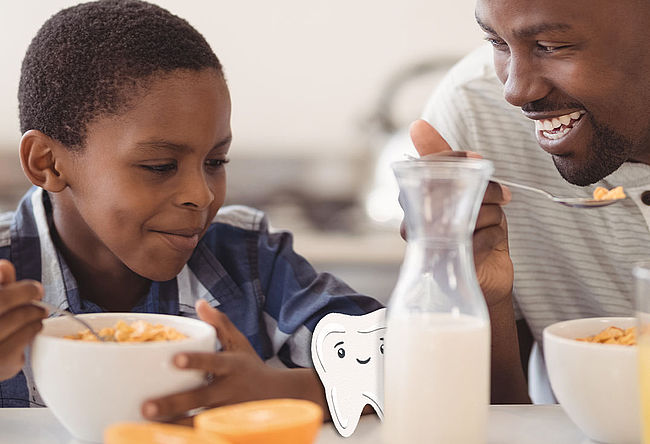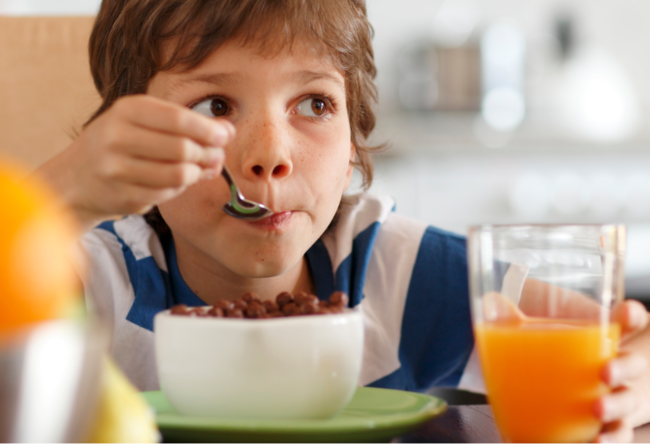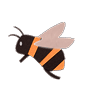
Biotin
Biotin, also called vitamin B7 or vitamin H, is among nutritionists known as a supporter of strong hair and beautiful skin and, like all B vitamins, plays a role in various metabolic processes of your body.
More about biotin
Calcium
Calcium is an essential mineral because, among other things, it is important for healthy growth and normal bone development. Make sure that your children get enough calcium.
More about calcium
Iron
Iron is one of the most important trace elements. Among other things, iron contributes to the formation of red blood cells and is necessary for the transport of oxygen. The right iron balance supports the health of your family!
More about iron
Folic acid
Vitamin B9 is also known as folic acid or folate and plays a special role for women who want to have children and in early pregnancy. Learn how folic acid works in the body and in which foods it is available.
More about folic acid
Iodine
In nature, iodine is mainly found in the sea. If fish and seafood are seldom on the menu, you can take targeted measures.
More about iodine
Magnesium
Magnesium reduces fatigue, supports the muscles and helps to maintain your nervous system. Ideal for action-packed hours of play!
More about magnesium
Niacin
Niacin is probably better known to you as vitamin B3. It has many functions, but is especially known for maintaining healthy mucous membranes and skin - after all, it is our largest organ.
More about niacin
Vitamin A
Vitamin A is also nicknamed the "eye vitamin". There's a lot of truth to this name, as it does help maintain normal vision. But it can do even more good to you and your family!
More about vitamin A
Vitamin B
The many different members of the vitamin B complex with their various tasks and properties play an important role for the energy balance, the nervous system and other components of a healthy organism.
More about vitamin B
Vitamin C
The so-called ascorbic acid, better known as vitamin C, is an essential component of a healthy and balanced diet. It is especially important for children to get enough vitamin C with their food.
More about vitamin C
Vitamin D
Vitamin D is the vitamin that the body can produce when the sun is shining by going for a walk outside or on the balcony. It is involved in many processes in the body, is especially indispensable for children - and is not really a vitamin at all.
More about vitamin D
Zinc
Zinc, the jack-of-all-trades element, is more versatile than almost any other mineral and supports your body in a wealth of tasks that play important roles in your well-being and health from head to toe.
More about zinc
